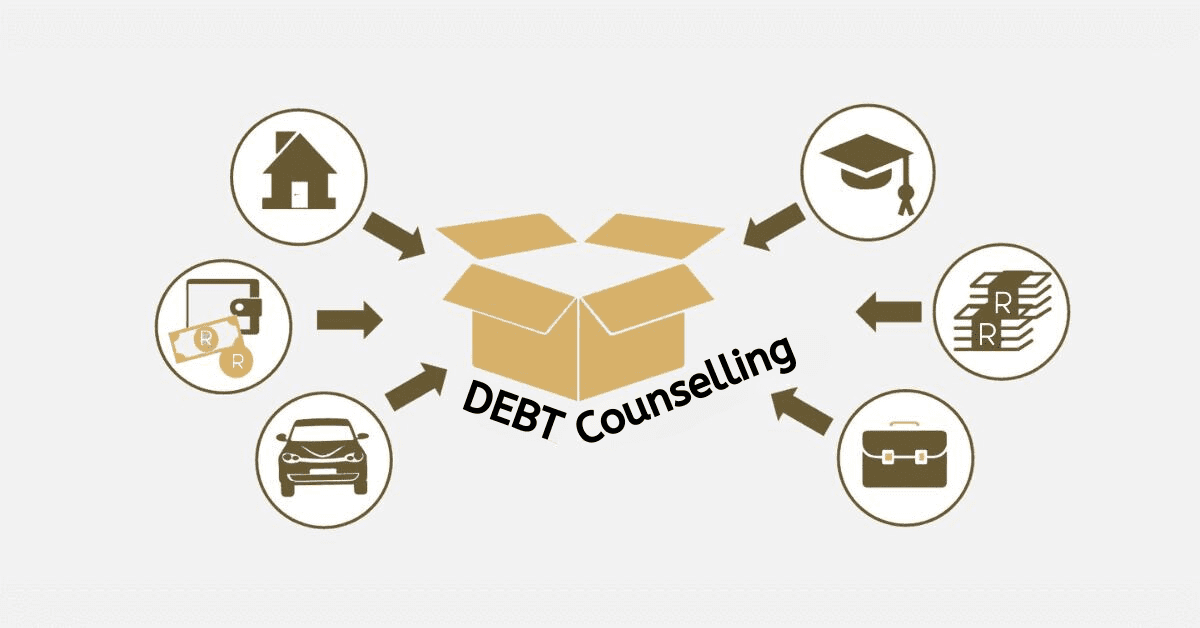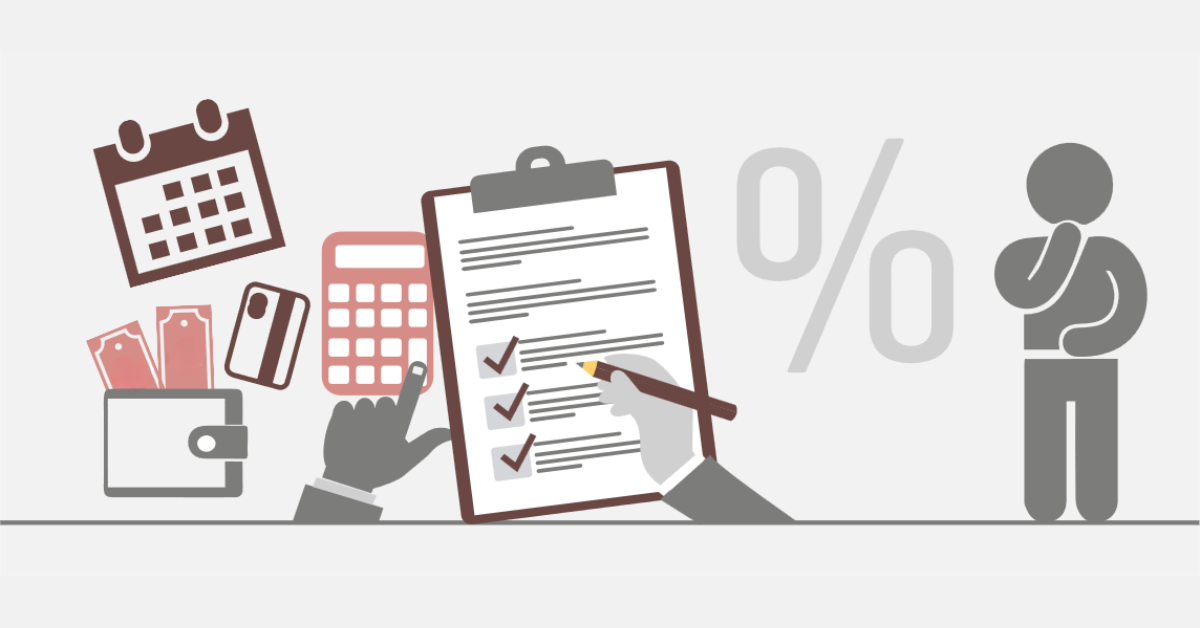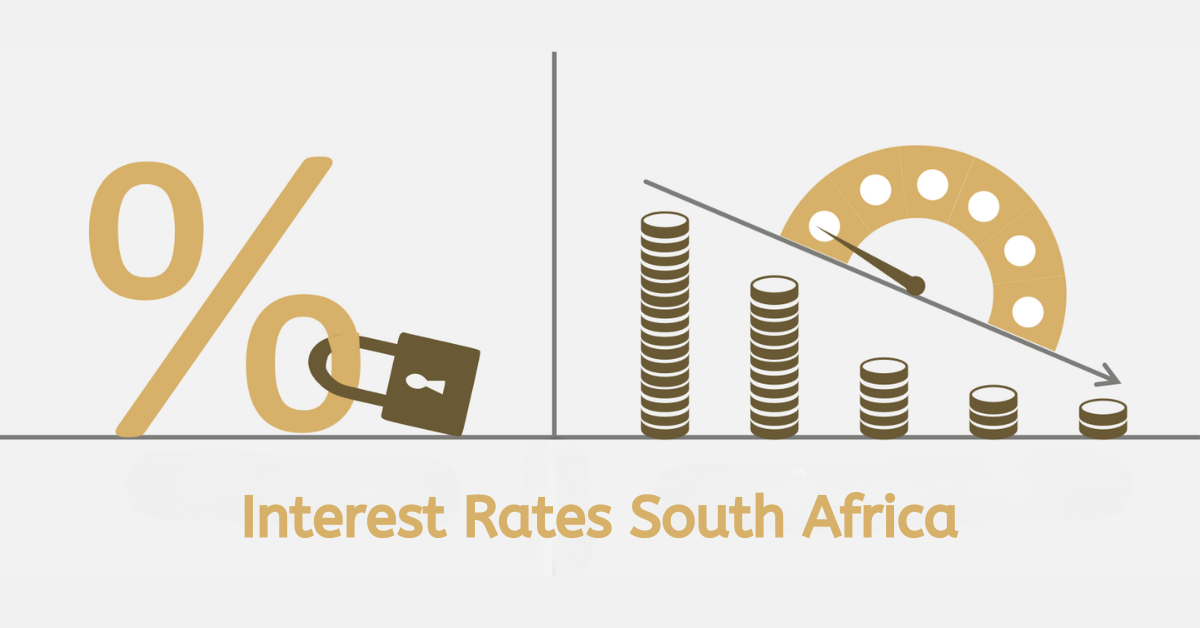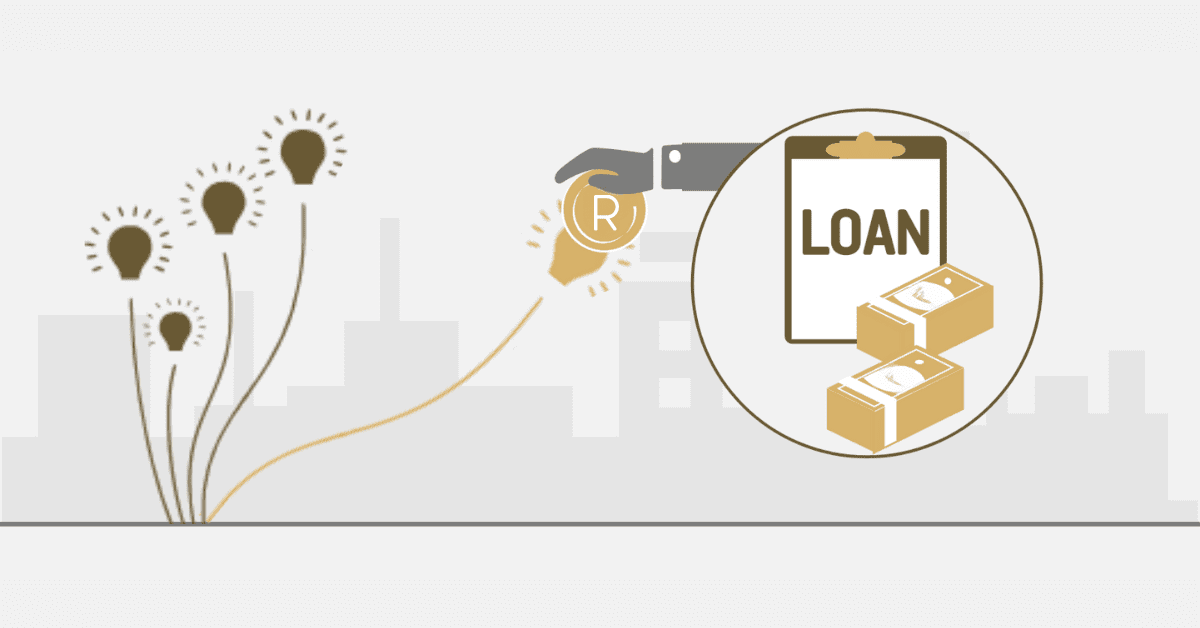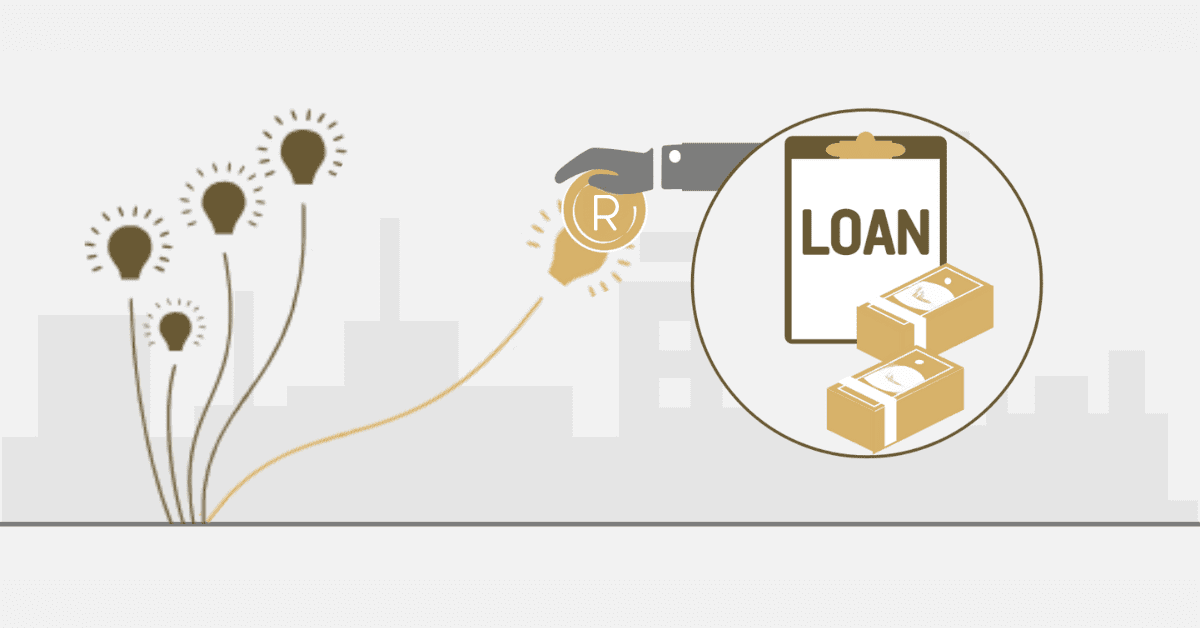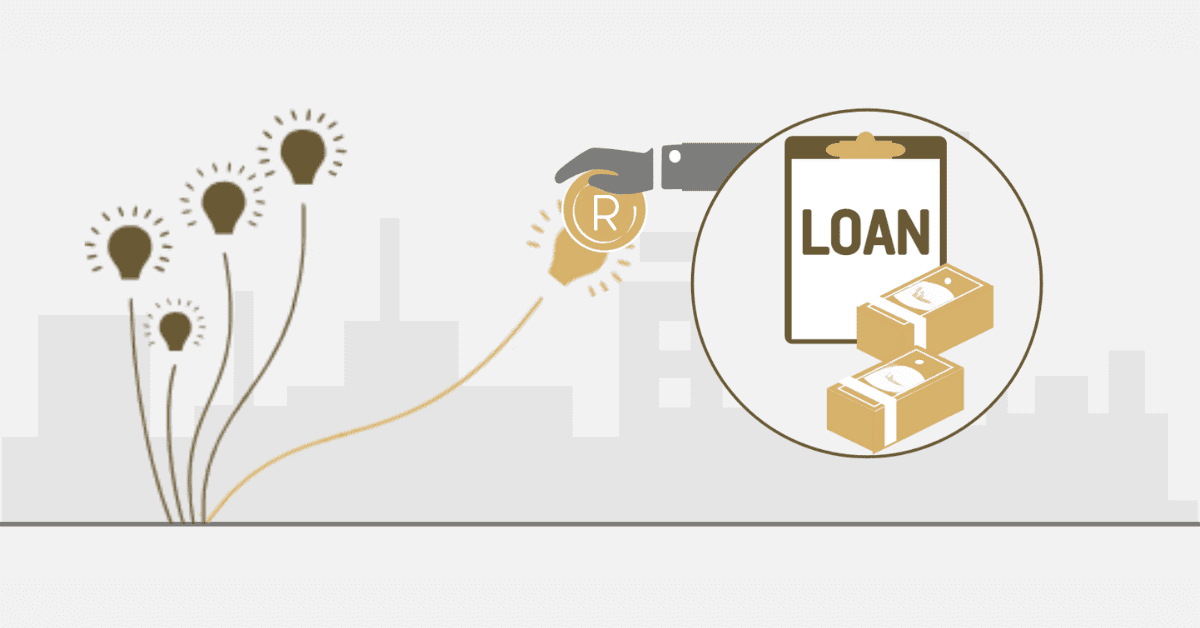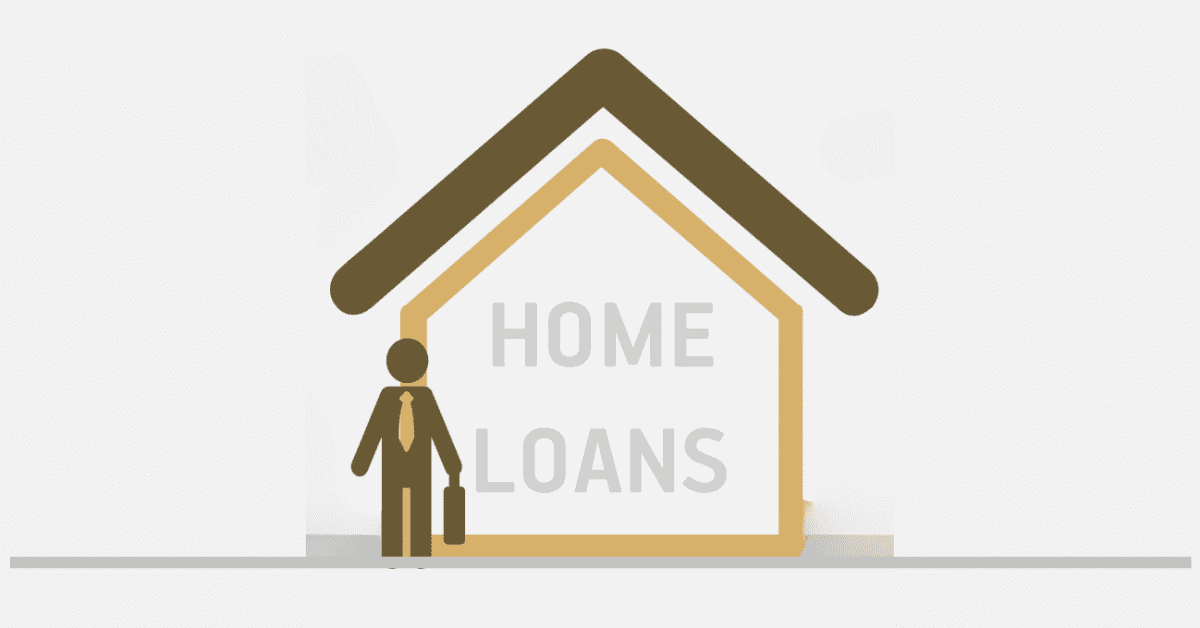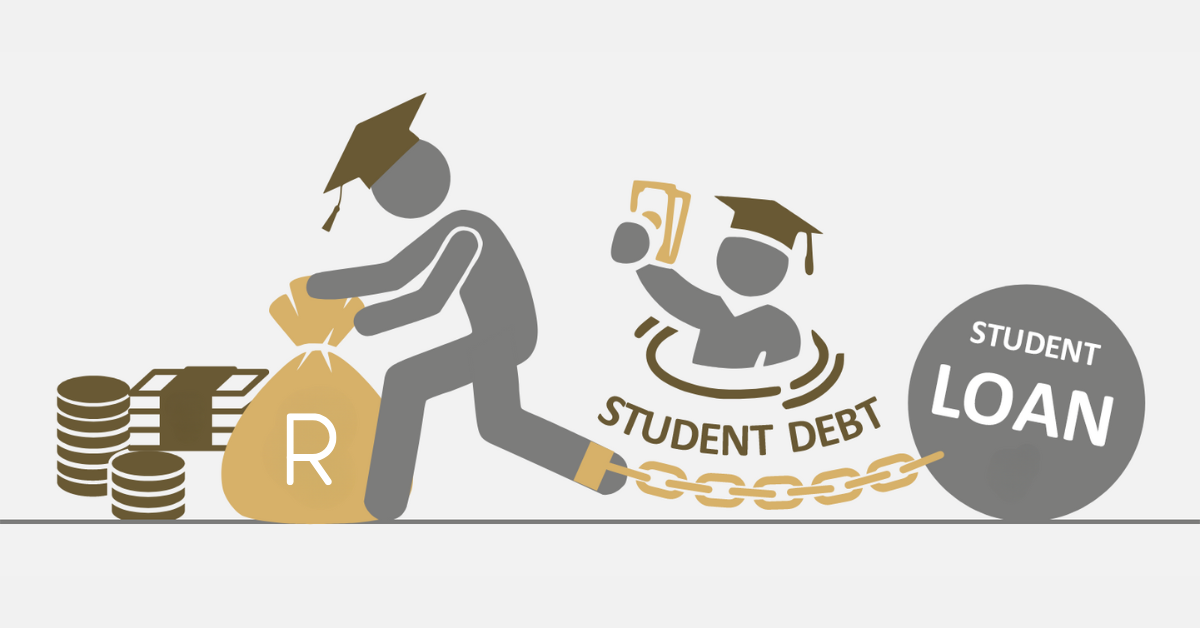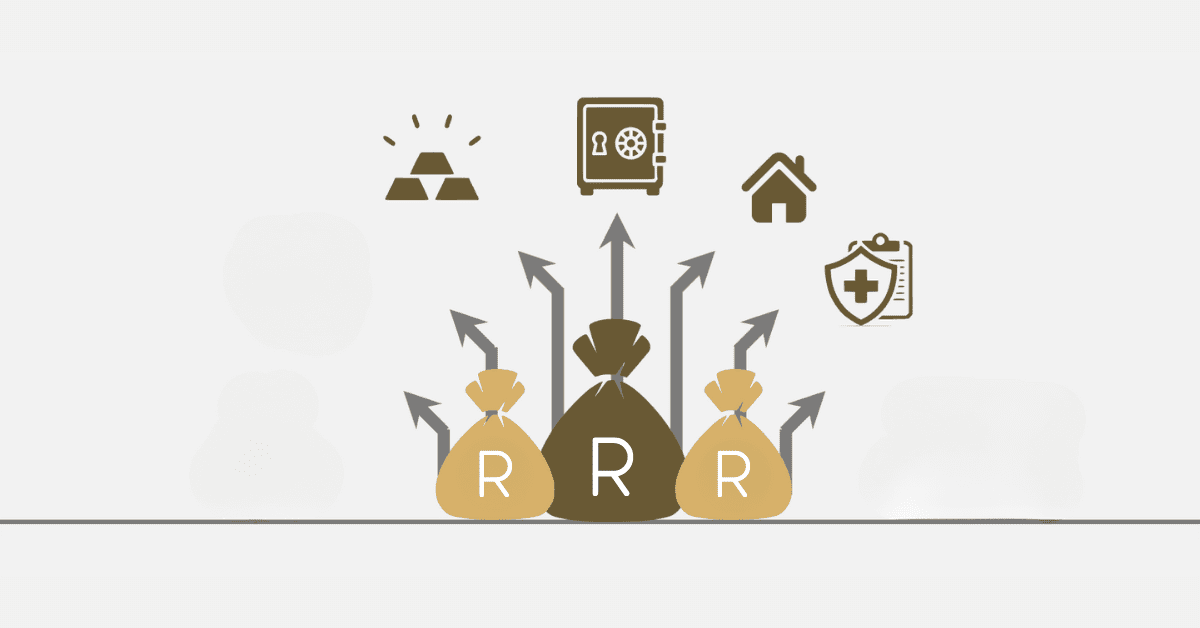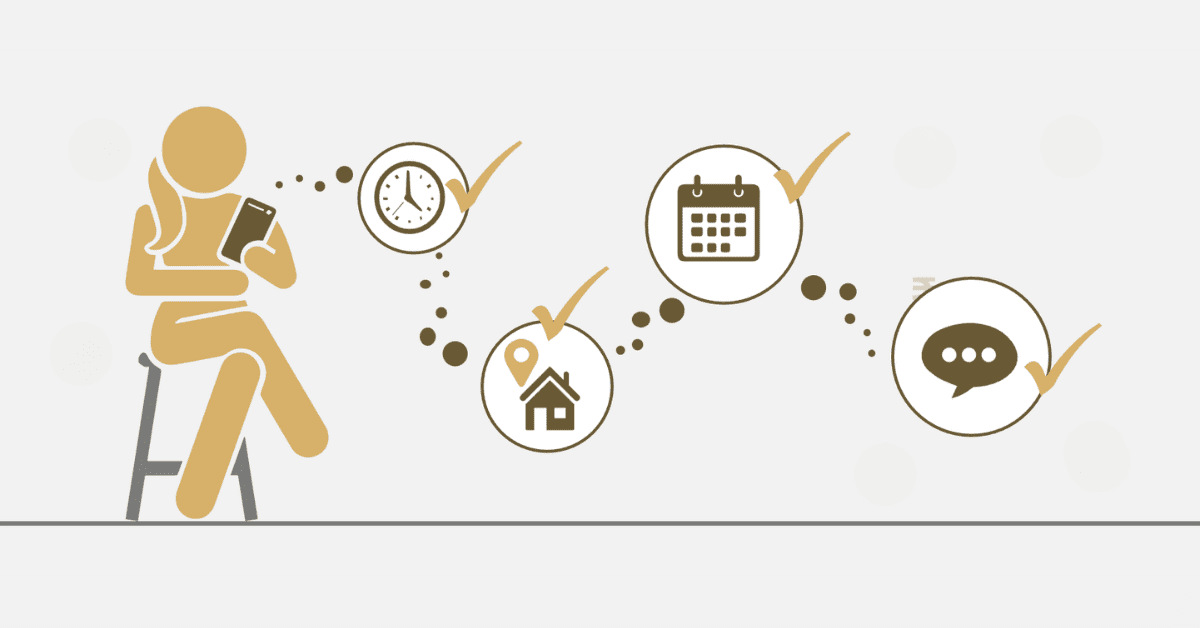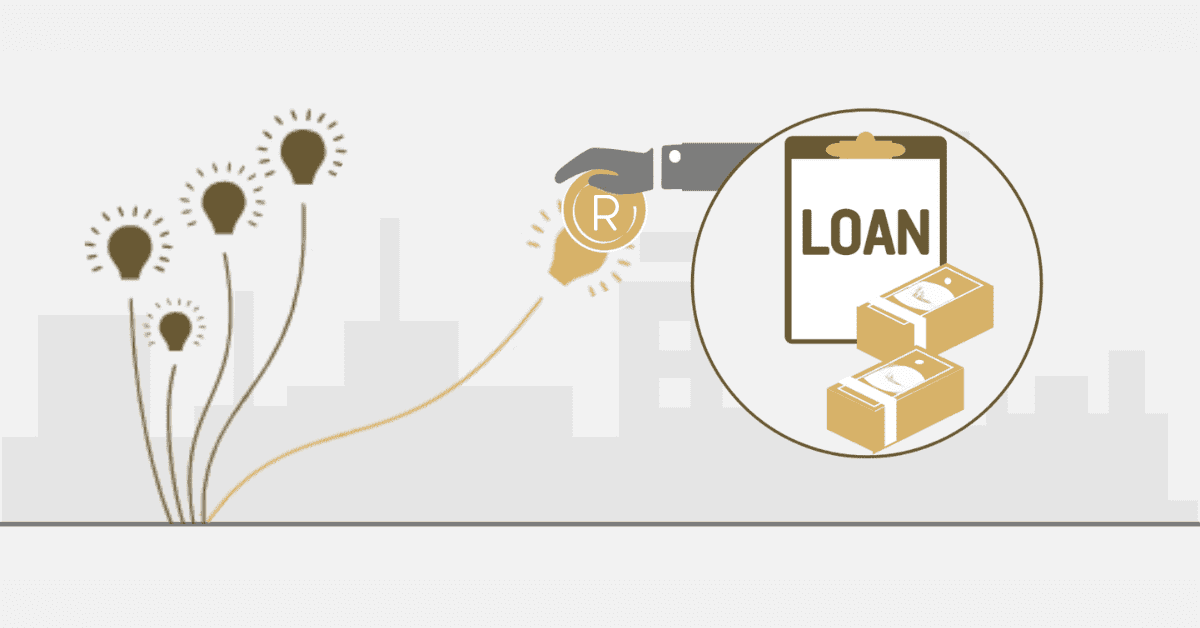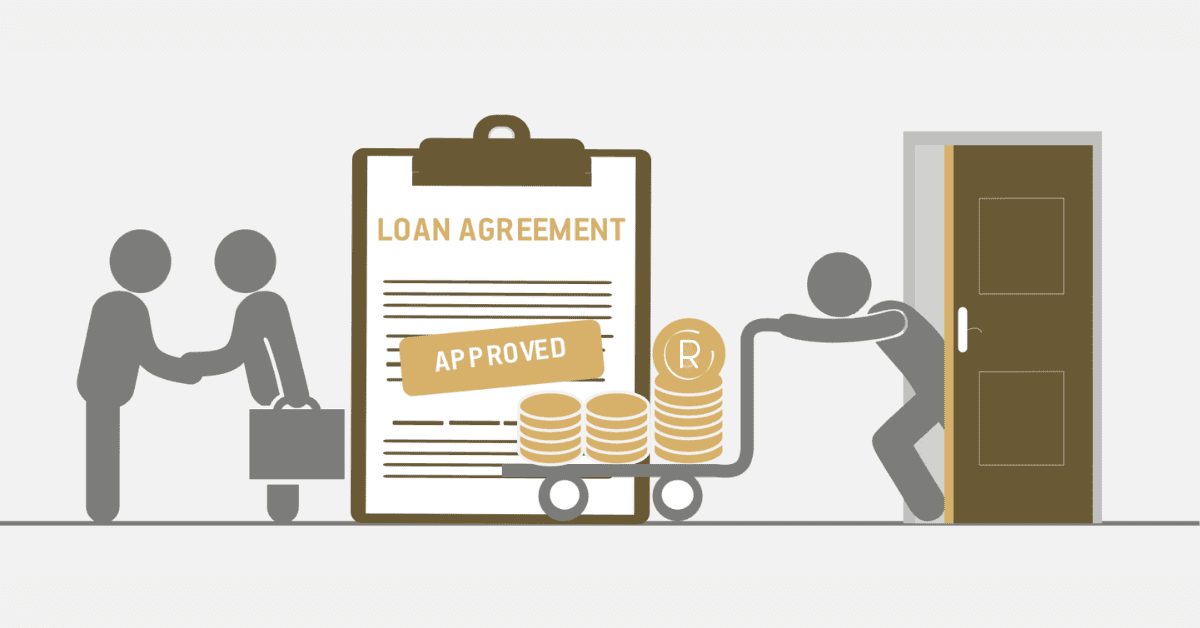Homeownership is a huge dream, and this is mainly achieved by having a home loan. This is the reason why the loan is going to give support, considering the financing that will be needed for such an accomplishment. Home loan applications in South Africa are specifically guided by the types of home loans, interest rates, and qualification criteria, thus a step-by-step process. Note, too, that different individual lenders may have varying requirements and processes, hence the importance of conducting enough research and understanding before going for it.
How to Apply for South African Home Loans
This is a process that comes with a number of requirements. The very first thing to do is get prequalified. This is where a lender takes your financial information and assesses the amount he would be willing to give you. There is another step, which is as soon as you have found the house you love. You and the seller would sign an offer to purchase. This step specifies the conditions precedent to be met by either party. This document mainly states the terms of the sale. They will include the price of the home, the closing date, and any contingencies. When this is done, you need to rush your home loan application. It consists of requesting a loan under formal application to a lender, which will pass a review of your financial situation with regard to whether it should approve the loan.
What is a Home Loan?
A mortgage can also be called a home loan. It is granted for the purchase or maintenance of a home, a piece of land, or any other form of real estate. Simply put, it’s a loan to help you financially to purchase that dream house. This is where the borrowing party actually agrees to pay back the other party over some time—usually in a few regular payments—divided into principal and interest. The principal is the cash you borrowed, and the interest is the cost of lending that money. The property then serves as a guarantee to the loan. That implies that in case of a failure to settle the loan, the lender could foreclose on your property.
How do Home Loans Work in South Africa?
Home loans in South Africa are repayable on the total cost plus interest for a period commonly agreed upon, mostly 20 to 30 years. This is convenient since a majority of the citizens can afford a home for this extended period. Most of the interest on your bond is pegged to the current prime interest rates as set by the South African Reserve Bank (SARB). That is going to be the base interest rate that banks will be giving out to consumers. Your interest rate is above or below this rate by some percent, varying with these critical factors, such as your credit score and the specific kind of loan you choose.
Types of Home Loans
South Africa offers various products under this category:
- Fixed-rate home loan: Here, the rates will be valid for one year or two years.
- First-time buyers’ home mortgage: This is very popular among home buyers who are investing in their first home but are not carrying the money in their hand to put down as a deposit.
- Variable home loan: In this case, the interest rate is attached to the base home loan rate and varies accordingly.
- Capped rate home loans: These offer you the added protection of a variable interest rate but without being locked into a fixed rate.
- Step-down home loans: These are highly preferred by homeowners nearing retirement. In this product, the bank reduces the rate it offers to the customer every year or every 6 months.
Variable Interest Mortgage Bond
This will be a mortgage type of loan in the case where the interest rate is not fixed. The lenders may offer the borrowers variable interest rates through their mortgage loans. They also provide mortgages at both fixed and variable rates.
Requirements for Home Loans in South Africa
The following are considered by the lending institutions in South Africa when applying for a home loan:
- Your income and job security: A way to prove your ability to repay the loan is by demonstrating your income and job stability.
- Your credit score: This determines the terms/interest charges of the cash advance.
- Your debt-to-income ratio: This measures how much you owe in monthly arrear payments. This is then compared to your gross income for each month.
- Other income: The lenders will check another source of earnings that you expect.
- Size of your down payment: the more enormous it is, the more you improve your approval chances and the lower the interest rate the lender can offer you.
- Total home valuation: this is performed so that the home mortgage corresponds to the actual value of the home.
Top Home Loan Providers in South Africa 2025
- Nedbank: With this, there are several alternatives to flexible home cash advances. They all cater to both first-time home buyers and already-established homeowners.
- FNB: It has several monetary solutions tailored to meet the needs of various cases. These include individual, private, business, commercial, and corporate clients across South Africa.
- Absa: Absa offers a wide range of home, first-time buyers, and flexible variable rate cash advances.
- Standard Bank: Hassle-free home cash advance solutions for a quick approval process. It also comes with customized competitive rates.
- Investec: Provides international corporate banking, private banking, and wealth management.
- SA Home Loans: It is a non-bank home cash advance provider in South Africa, offering a bouquet of home overdraft products to customers with varied needs.
